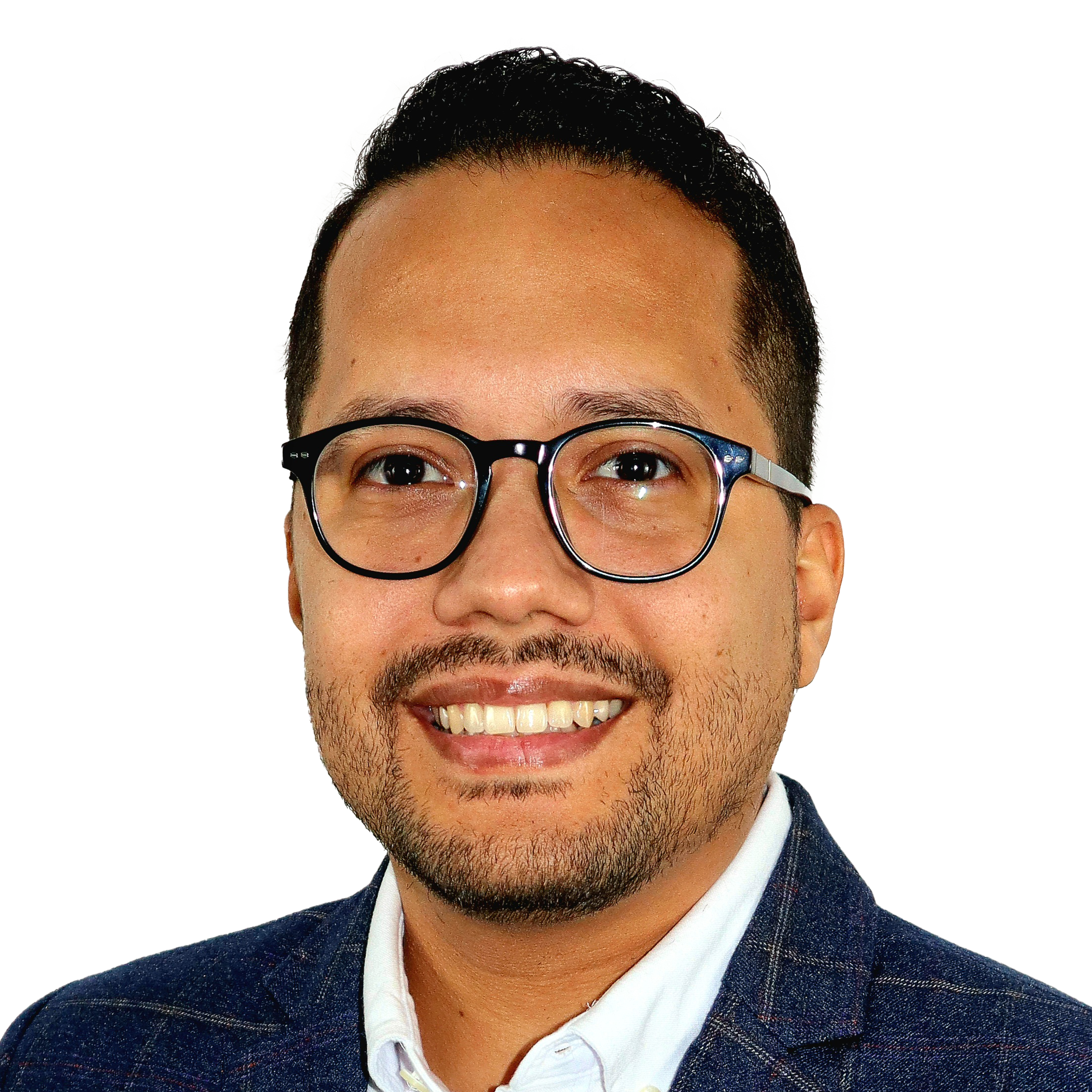Dr Jhiamluka Solano, RCP Resident Doctor Committee member, is a cardiology and internal medicine registrar who joined the UK medical workforce in 2019 as an international medical graduate (IMG) from Honduras, having successfully completed the required exams to obtain his GMC license to practice. In this piece – part of our #NextGenPhysicians blog series – Jhiamluka shares his insights on the impact of mentoring in medical education.
Throughout my career, mentorship has been the cornerstone of my growth and success. From navigating the challenges of medical school to adapting to a complex training system in a different country, I have been fortunate to have incredible mentors guide me along the way.
It all began in 2011, during my time at the Embryology Laboratory at the National Autonomous University of Honduras Medical School. For 5 years I taught medical students, eventually being appointed as the lead. During this time, Professor Jorge Pineda, a paediatrician and professor of embryology, profoundly influenced my journey – not only through his passion for education, which ignited my own interest in medical education, but also through his grounded approach to academia. His mentorship inspired me to develop leadership skills and advocate for better training environments, which I carried into my role as a national representative for the foundation equivalent programme in Honduras. Dr Suyapa Figueroa, the former Honduran Medical Council president, further shaped my ambition to drive meaningful change for resident doctors, instilling in me the importance of mentorship in leadership.
In 2018, I decided to take a leap and continue my professional development in the UK. After completing my licensing exams, I landed my first post in 2019, where I met Mr Usama Ahmed, an ENT registrar whose enthusiasm for education and patient-centred care deeply impacted me. His emphasis on compassionate medicine and the value of patient feedback left a lasting impression. Later, during my internal medicine training in 2020, I worked with Dr Ahmed Salman, an endocrinology consultant who exemplified the power of multidisciplinary teamwork in managing complex cases. His innovative approach to diabetic foot conditions reduced amputation rates and inspired me to think creatively about patient care – I drew on this inspiration to establish the first Medical Education Association in Honduras.
Mentorship has also driven my contributions beyond clinical practice. In 2021, Honduras issued a call for collaboration, and I joined efforts led by Dr Mary Vallecillo, a Honduran biochemistry researcher based at Harvard University. Together, we worked on designing the country’s first state-funded complex for pharmaceuticals, genetics, medical devices, and medical research. This project felt like a meaningful way to give back to the mentors and community who supported me throughout my journey. Additionally, it was an opportunity to collaborate with someone deeply committed to innovation and driven by a profound love for Honduras.
By 2023, I had achieved several milestones, including starting my cardiology training, obtaining MRCP, completing an MSc in medical education, and being elected to the Council of the Academy of Medical Educators. While these achievements might seem like individual successes, they were undeniably shaped by the mentors who supported me. Colleagues like Dr Nicholas Black, a cardiology registrar, went above and beyond to help me prepare for applications and interviews, while others generously shared their expertise during PACES preparation.
Looking back, I realise that every step of my journey – whether teaching, training, or contributing to innovation – has been a testament to the transformative power of mentorship. It has equipped me to face challenges, achieve my goals and, most importantly, give back. Mentorship doesn’t just create opportunities; it builds a legacy of support, learning, and progress for those who come next. For me, that’s the most rewarding part of it all.
This piece is part of the RCP's #NextGenPhysicians series of guest blog posts. If you are an early career doctor with a story you’d like to tell, please contact Hannah.Perlin@rcp.ac.uk.






